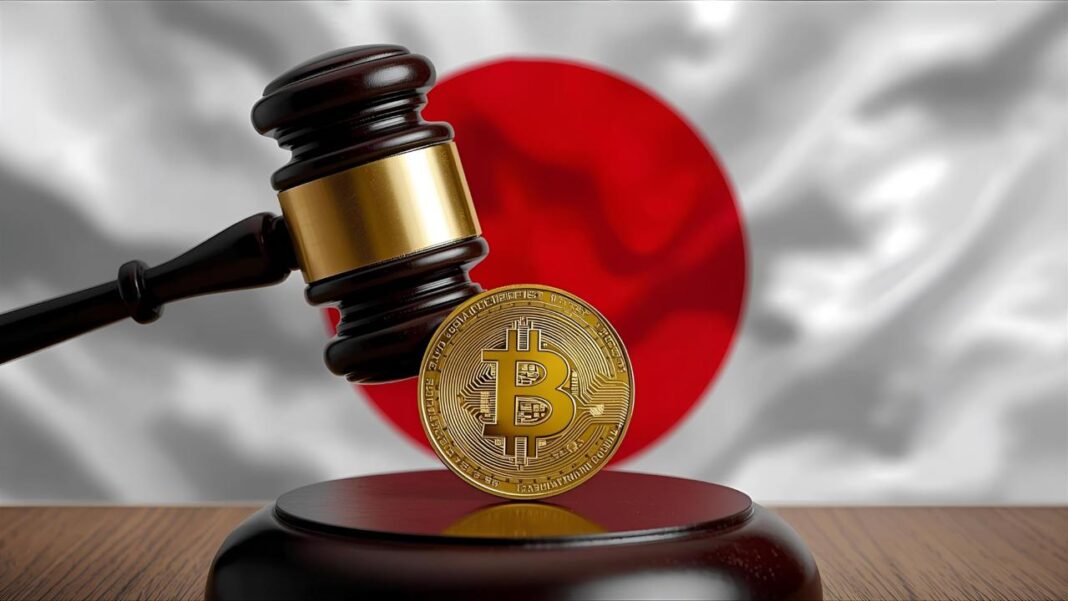Podcast Discussion: Deep Dive Into This Article.
Japan is preparing to tighten its financial regulations by introducing rules that address insider trading within the cryptocurrency market. The country’s Financial Services Agency (FSA) and Securities and Exchange Surveillance Commission (SESC) are working on a framework that will make trading digital assets using non-public information illegal. The goal is to create a fairer, more transparent market and strengthen investor confidence in Japan’s growing crypto industry.
Key Highlights
- Japan aims to prevent insider trading in the crypto market through new financial regulations.
- Cryptocurrencies will soon fall under the Financial Instruments and Exchange Act (FIEA) to close existing legal gaps.
Strengthening Oversight with New Rules
Until now, insider trading laws under the FIEA did not extend to cryptocurrencies, leaving trades based on undisclosed information largely unregulated. According to Nikkei, this is set to change as new measures will bring cryptocurrencies under the same legal framework that governs traditional financial instruments.
The SESC will gain broader authority to investigate suspicious activities, recommend fines, and refer serious violations for prosecution. These expanded powers are designed to improve transparency and ensure that trading practices remain fair and accountable.
Currently, most supervision is handled by crypto exchanges and the Japan Virtual and Crypto Assets Exchange Association (JVCEA). However, regulators believe this system lacks comprehensive oversight, prompting the move toward a more structured approach. The reform is expected to build greater trust among investors and strengthen Japan’s position as a regulated digital asset market.
Implementation Timeline
The FSA plans to discuss the details of the new framework in a working group before the end of the year. Proposed amendments to the FIEA are expected to be submitted during the next regular parliamentary session. Once approved, these rules will clearly define prohibited trading behaviors and outline penalties for violations involving non-public information.
Regulatory Shift Driven by Market Growth
Japan’s crypto adoption has surged in recent years. As of August, there were 7.88 million active accounts—a fourfold increase compared to five years ago. With cryptocurrencies increasingly used as investment assets rather than for payments, regulatory focus is shifting from the Payment Services Act to the FIEA, which prioritizes investor protection and market integrity.
Global Context: Past Cases of Insider Trading in Crypto
Insider trading isn’t unique to Japan—it has surfaced globally across digital platforms.
- OpenSea (2021): The NFT marketplace introduced policies against insider trading after an executive bought digital artworks just before they were featured on the homepage.
- Coinbase (2022): U.S. authorities charged a former Coinbase manager and his associates for trading 55 tokens ahead of public listings, earning about $1.5 million in profits. The case led to multiple convictions and prison sentences.
These examples highlight the need for stricter regulations as crypto markets mature and attract mainstream investors.
Conclusion
Japan’s move to regulate insider trading in cryptocurrencies marks a significant milestone in aligning digital asset trading with traditional financial standards. By expanding the FIEA to include crypto assets, authorities aim to promote fair trading practices, enhance transparency, and safeguard investor trust in one of Asia’s most active crypto markets.
This article reflects the opinions of the publisher based on available information at the time of writing. It is not intended to provide financial advice, and it does not necessarily represent the views of the news site or its affiliates. Readers are encouraged to conduct further research or consult with a financial advisor before making any investment decisions.



